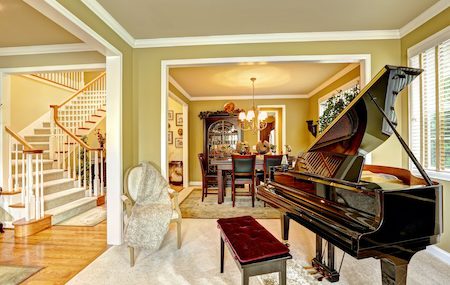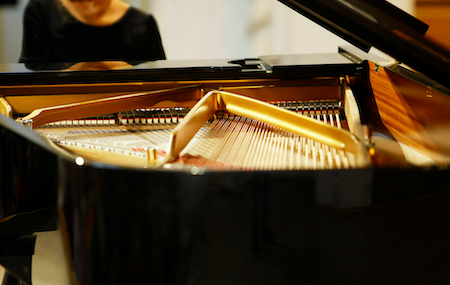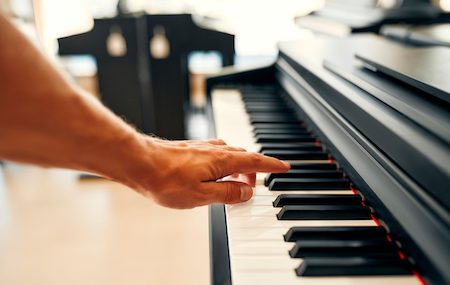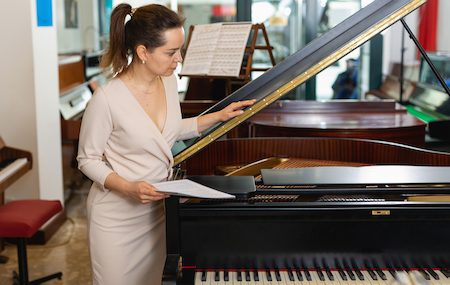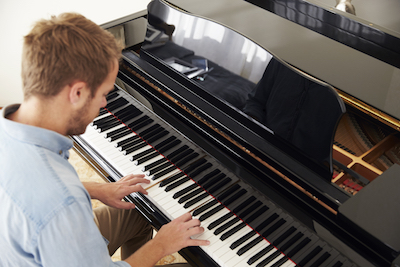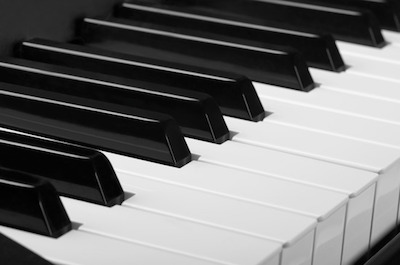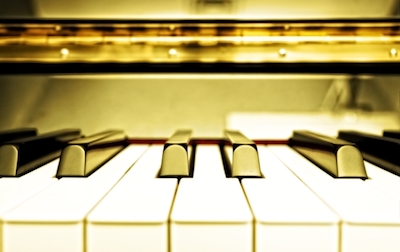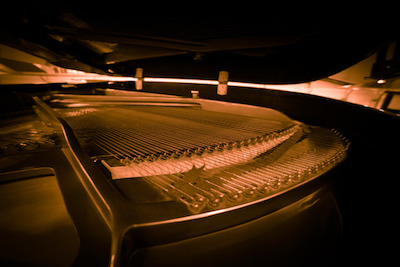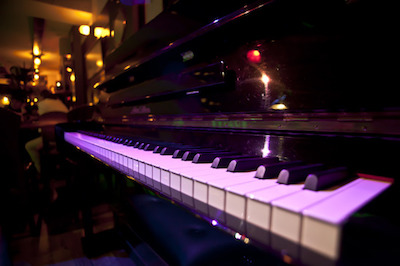Sometimes, we just want things to work. Your computer is a good example. You buy one to load quickly, have enough memory for your files, and hold the programs that allow you to do the work you do each day. If you run out of memory or want more processing speed, you upgrade without much thought.
Now compare it to something with artistic expression, something you hope to keep in your life for a very long time.
Craftsmanship is about creating something by hand with meticulous attention to detail. It encompasses a combination of technical proficiency, creativity, and dedication to delivering high-quality work. It involves using traditional techniques and fine materials to create objects that are both functional and aesthetically pleasing.
With pianos, craftsmanship encompasses the precision and care that goes into building and finishing the instrument. This includes the selection of materials, the construction of the piano’s structure, the assembly of its components, and the fine-tuning of its sound and performance characteristics. A well-crafted piano exhibits superior attention to detail, expert craftsmanship, and a commitment to excellence in every aspect of its design and construction.
Are you in the market for a new piano? Discerning buyers know that craftsmanship is key.
Where do you begin when you’re ready to make an informed decision when selecting your next musical companion?
- Attention to Detail: Craftsmanship is evident in the smallest details of a piano. Take the time to inspect the instrument closely, examining the quality of materials, joints, and finishes. A well-crafted piano will showcase precision in every aspect, from the keys’ alignment to the smoothness of pedal mechanisms.
- Fine Materials and Construction: High-quality pianos are crafted from the finest materials, including solid woods, premium felts, and precision-engineered metal components. Look for signs of superior construction, such as hand-finished cabinetry, seamless joinery, and expertly regulated actions. These elements not only enhance the piano’s aesthetics but also contribute to its overall performance and longevity.
- Superior Sound and Tone: Craftsmanship extends beyond the visual aspects of a piano to its sonic qualities. A meticulously crafted instrument will produce a rich, nuanced tone with exceptional clarity and resonance. Pay close attention to the instrument’s voice as you play it, listening for a balanced sound across the entire keyboard and a depth of expression that reflects expert craftsmanship.
- Artisanal Touches: True craftsmanship often involves the incorporation of artisanal touches that elevate a piano from mere instrument to a work of art. Look for unique features and embellishments that showcase the maker’s skill and creativity, such as hand-carved details, custom finishes, or intricate inlay work. These distinctive elements add beauty to the instrument and reflect the dedication and passion of the artisans who created it.
- Heritage and Legacy: When considering a piano purchase, take into account the heritage and legacy of the manufacturer. Established brands with a long history of craftsmanship and innovation are more likely to produce instruments of exceptional quality. Research the company’s background, read reviews from other customers, and seek out expert opinions to ensure you’re investing in a piano with a proven track record of excellence.
Are you ready to buy a new piano? What are your top concerns?
Recognizing craftsmanship when buying a piano requires a discerning eye and an appreciation for the artistry that goes into creating these exquisite instruments. Whether you’re a seasoned musician or a passionate enthusiast, choosing a finely crafted piano will bring joy and inspiration to your musical journey for years to come. If we can help, stop by or give us a call today.
